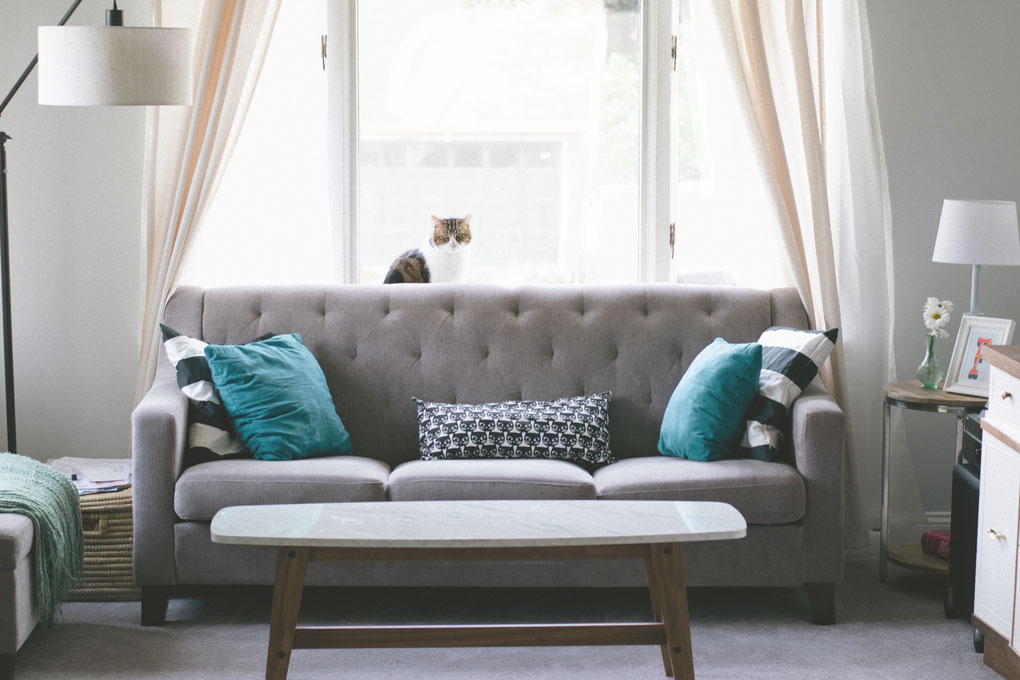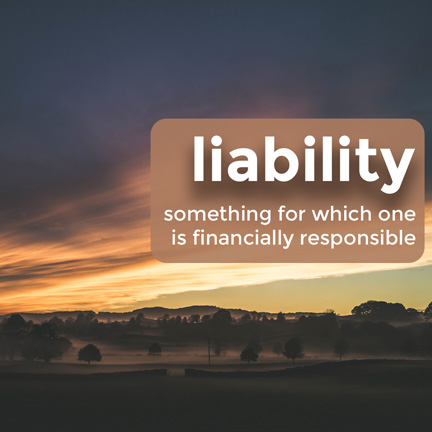What If I’m Injured at a Vacation Rental Home?
Companies like Airbnb and VRBO have completely changed the way that many people vacation. No longer do you have to pay hotel prices for few amenities. Now you can stay in the houses of real people who choose to put their home up for short-term rental. However, with this new way of vacationing, new questions […]

Available 24/7
Free Case Review
You won’t pay any fees until we win your case.
It’s easy - you can:


